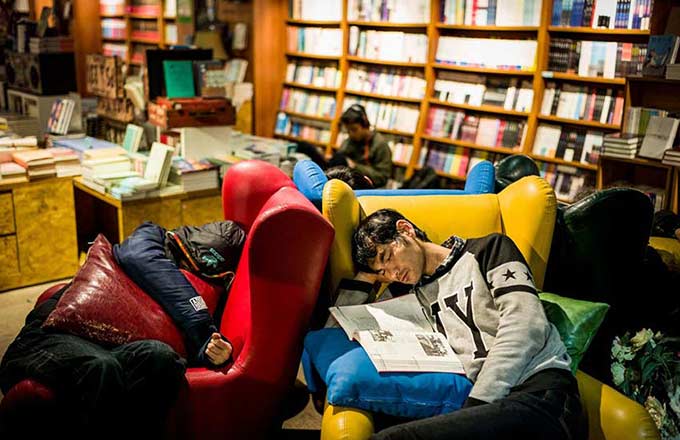Liu Yunshan urges 'learning from Lei Feng'
BEIJING - China's ideological chief Liu Yunshan on Friday said "learning from Lei Feng", the nation's most famous Good Samaritan, can help shape the socialist core value system.
Liu, who heads an ethical progress committee of the Communist Party of China (CPC) Central Committee, made the remarks at a symposium held by the committee to commemorate the 50th anniversary of late Chairman Mao Zedong's call to learn from Lei.
Liu, a Standing Committee member of the Political Bureau of the CPC Central Committee, said re-emphasizing "learning from Lei Feng" can motivate people today to work toward lofty causes, strengthen their patriotism and love for the Party and country, and shore up their confidence in socialism with Chinese characteristics.
Moreover, deepening and continuing efforts to learn from Lei are important ways to advance the building of the socialist core value system and unite and inspire the entire nation in pursuing socialist morality.
Lei, a young Chinese soldier in the 1960s, is known for devoting almost all of his spare time and money to selflessly helping the needy. He died after being hit by a falling pole while helping a fellow soldier direct a truck on August 15, 1962.
A year later, Chairman Mao called on the nation to follow Lei's example, and March 5 of every year is designated "Lei Feng Day".
At the symposium, Zhuang Shihua, a former military surgeon, was honored as "Today's Lei Feng".
Zhuang, 52, president of the hospital affiliated to the Xinjiang Armed Police Corps in the country's far west, has been a member of the armed police corps for 35 years.
He has successfully completed a record 58,000 operations, mostly gall bladder surgeries, and made seven breakthroughs that filled the nation's gaps in the field.
Working in a region that is home to various ethnic minorities, the selfless doctor has greatly contributed to ethnic unity there. He often visited patients by hiking across snow-capped plateau, covering over 380,000 km to date.
Zhuang also donated about 46,000 yuan ($6,600) to his patients and provided long-term financial assistance to three poor students.





















